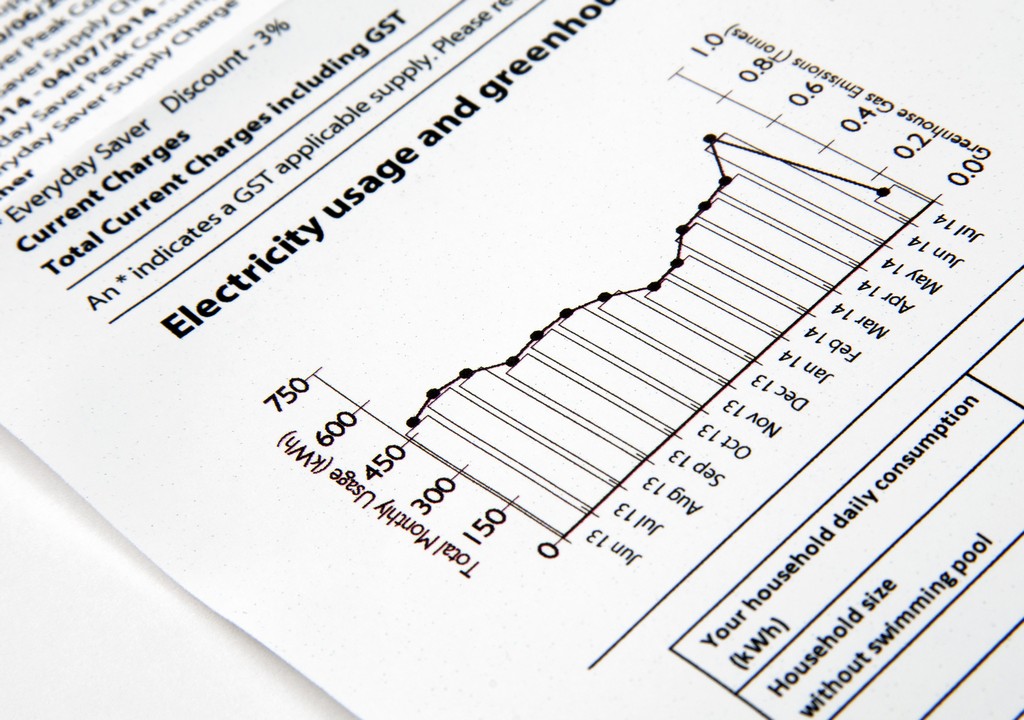Increase in power rates seen as effect of TRAIN law
- January 10, 2018
- 0

Power rates will be pushed up by the implementation of the coal excise tax and the value added tax
(VAT) exemption removal of the National Grid Corp of the Philippines (NGCP) under the TRAIN, Meralco head of utility economics Lawrence Fernandez said.
“We are still coordinating with generators to check their coal stock. But for NGCP, the TRAIN is in effect January 1 so their January bill to us, we expect they will apply VAT in the transmission wheeling charges,” he said.
NGCP was exempted from paying income tax and VAT under Republic Act 9511. However, this was repealed in section 86 of the TRAIN Act, subjecting NGCP to the VAT provision under the National Internal Revenue Code (NIRC).
VAT on transmission charge will reflect an additional
seven centavo per kwh in power rates, based on Meralco’s computations.
“If NGCP incorporates it in their January billing, we can expect higher transmission charges effective February,” Fernandez said.
As for the impact of the coal excise tax, Meralco is waiting for its suppliers to compute the increase in electricity rates.
“At P50 per metric ton, excise tax of coal and oil is around one centavo per kwh,” Fernandez stressed.
That would total to an increase of eight centavos per kwh for Meralco consumers.
“The total is eight centavos. That would be the full impact for Meralco customers this year,” he added.
But, the Department of Energy said the impact of the coal excise tax on power rates are seen to reflect in bills during the summer season.
DOE undersecretary Felix William Fuentebella said that coal plant generators maintain coal reserves good for at least 30 days.
“We are still assessing the effect on electricity which we expect to be felt starting March or April,” the DOE official said.
Under the TRAIN law, the excise tax on coal will be P50 per metric ton in 2018, P100 in 2019, and P150 in 2020 – lower than the initial Senate version proposal of “100-200-300” hike scheme.